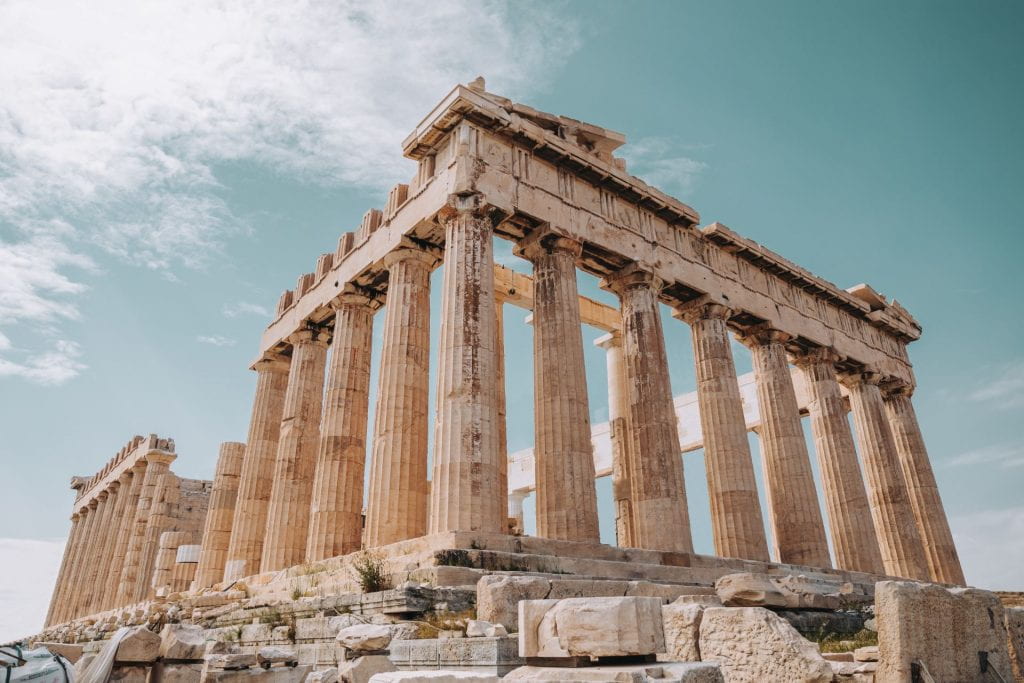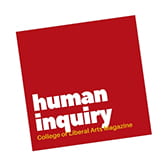
Stories of history can leave out as much as they say. Dr. Louie Dean Valencia-García’s work shows how this tenet holds true in European history. He and all of the students in his class wrote an article evaluating textbooks that overlook the role of marginalized communities in European history.
“Each student located an affordable used western civilization textbook that covered from antiquity to date,” he writes. “[S]tudents compared the ways those textbooks told Europe’s story–analyzing what was included and excluded from those narratives.”
In “The Myths of Western Civilization: Decolonizing and Queering European History” published by EuropeNow, Valencia-García and his class described the many gaps and untold stories that the textbooks leave out. “By critically studying a selection of textbooks about ‘Western Civilization’ written over the last century we can learn more about historians’ own biases,” he writes.
The class found that the textbooks ignored stories of the Crusades told from the perspective of marginalized groups. The books failed to “consider the perspective of those under siege in the Crusades” which included Muslims and queer men. They noted the absence of one such hidden figure, Sephardi poet Yishaq ben Mar-Saul, whose work “describes his attraction to a young man, as well as the conflict between his religion and sexuality” and whose work “not only contributes to revealing the artistic contributions of religious minorities, but also the contributions of queer men.”
The class also noted missing stories about World War II and the malignancy of Nazism. They found that WWII coverages focused on “military action, likening the war to a game of chess” more than the human toll. They also noted that coverage of human suffering told the stories of “Jews… Soviets, Poles, Slavs, and Roma gypsies” but not “other minority groups, like homosexuals and people with disabilities.”
Ultimately, the article calls for telling more stories of history that include “those who have been traditionally marginalized, leading to a diversity of narratives and voices.”
